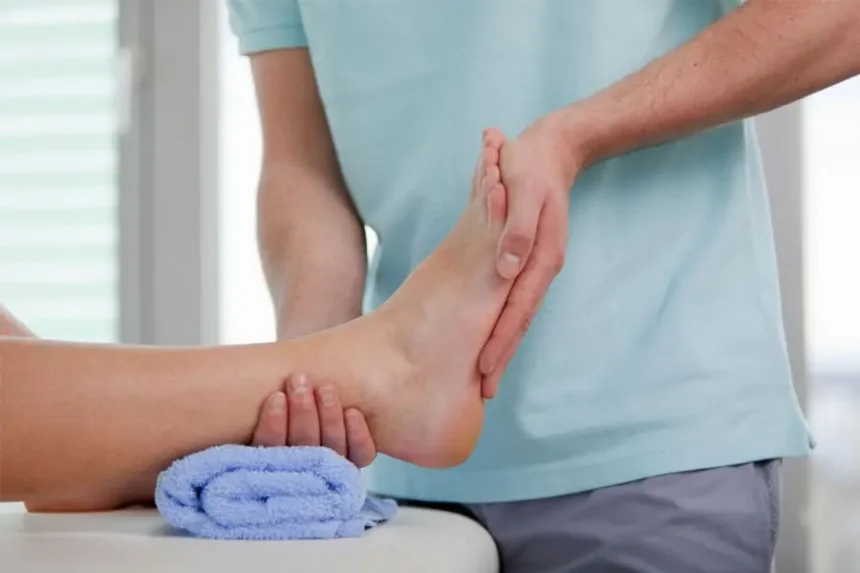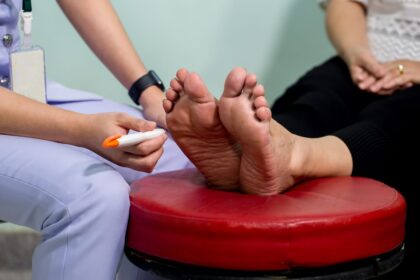Foot health is integral to overall physical well-being. The feet, composed of bones, joints, muscles, tendons, and ligaments, bear the full weight of the body and are key to locomotion. Maintaining foot health helps preserve mobility and prevent systemic health issues. Here is more information on foot doctors and their contributions to maintaining both localized foot health and general physical mobility:
What Is a Foot Doctor?
A foot doctor, also known as a podiatrist, is a medical specialist who diagnoses and treats conditions affecting the feet, ankles, and related structures of the leg. Their expertise enables them to create personalized treatment plans, addressing the unique needs of each patient. This specialization is beneficial for maintaining mobility and preventing future complications, thereby allowing patients to receive comprehensive care.
What Services Do They Offer?
Podiatrists offer a wide range of services to maintain and restore foot health, catering to the diverse needs of patients. They commonly treat conditions such as bunions, hammertoes, and plantar fasciitis, and also manage skin and nail disorders. Their services extend to creating custom orthotics to correct foot mechanics and provide support.
In addition to treating existing problems, podiatrists perform surgical procedures when necessary to correct deformities or repair injuries. They also provide routine care for chronic conditions, such as diabetes, and play a role in preventing serious complications. This proactive management helps patients maintain their quality of life.
What Does Foot Health Involve?
Proper foot health involves more than just addressing pain; it encompasses the overall structure and function of your feet. This includes maintaining skin integrity, promoting good circulation, and allowing the proper alignment of bones and joints. Regular self-care practices, such as wearing appropriate footwear and inspecting your feet for any changes, are foundational, allowing you to identify issues early.
A balanced approach to foot care also evaluates how your feet interact with the rest of your body, for your gait affects your hips and back. Factors such as your activity level, medical history, and footwear choices all influence your foot health. Understanding these elements enables a comprehensive care strategy, and it helps you make informed decisions.
How Is Overall Mobility Affected?
The condition of your feet directly impacts your ability to move comfortably and efficiently, and even minor foot problems can alter your gait. This compensation can lead to strain on your knees, hips, and lower back, potentially reducing your mobility over time. Conditions such as arthritis or nerve damage in the feet potentially make walking difficult and painful.
Maintaining healthy feet is beneficial for staying active, and it supports your independence throughout life. When your feet are functioning correctly, you can engage in daily activities without limitation. Proper foot care helps prevent the domino effect of musculoskeletal issues, so your entire body remains in better alignment.
How Can a Doctor Help?
A foot doctor can diagnose the root cause of your foot pain or mobility issues and develop a targeted treatment plan. They utilize diagnostic tools such as X-rays and gait analysis to understand the underlying problem, enabling precise treatment. Their interventions range from conservative measures to surgical correction. Consulting a specialist provides access to advanced treatments and expert knowledge, and this can lead to improvements in your comfort and mobility.
Improve Your Overall Mobility Now
Foot health is directly linked to your overall mobility and quality of life, so addressing foot-related issues is a proactive step toward wellness. If you are experiencing foot pain or have concerns about your mobility, consulting a foot doctor is recommended. Schedule an appointment to receive a thorough evaluation and a care plan tailored to your needs.









